How to Choose the Best Commercial Ice Maker
Imagine walking into a restaurant that’s been highly recommended, looking forward to the meal you’re about to eat, ordering your drink and then…being served your soda, tea or water without ice. The horror.
With some notable exceptions (hot tea and beer, for instance), most drinks only feel right if they come with ice. With “iced tea” it’s even right there in the name. Chances are, you even know someone who’s willing to go out of their way to get a drink at a place with the type of ice they like.
If you run a restaurant, bar, cafeteria, or anywhere that serves food and drinks, a commercial ice maker is an absolute necessity. It’s not as simple as finding any old machine that will freeze water though. You might be surprised at just how many options there are and all the factors you should consider to find the best commercial ice maker for your needs.
Types of Commercial Ice Makers
Self-Contained Ice Machines
Self-contained machines include both the ice-maker and the container for storing it in one unit. They’re bigger and produce more ice than your typical consumer models, but smaller than modular ice machines. They come in both undercounter and countertop configurations and are easier to fit into tight spaces than modular ice machines.
The trade-off, as you would expect, is that they don’t make as much ice as modular machines, and don’t provide as much storage space. For smaller bars or cafes, they may well suffice, all while allowing more space for other needs in the kitchen. For larger cafeterias or restaurants, you’ll likely need to go with a modular ice machine.
Modular ice machines only make the ice; you’ll have to buy a separate storage bin to keep the ice in once it’s made. They’re the best choice for any commercial kitchen that needs to be able to keep a lot of ice on hand and ready. They produce large amounts of ice quickly and are designed to be easy to attach to a storage bin that’s the size of your choosing.
They do take up more space than self-contained ice machines, but they provide more capacity in the bargain. If you need a significant amount of ice produced every day, then a modular model is likely the best commercial ice maker for you.
Types of Ice
One of the key considerations every commercial kitchen must make is what type of ice to provide for patrons. People are rarely disappointed at receiving the standard cube or crescent ice in their drinks, but they also rarely get excited by it. On the other hand, nugget ice (think Sonic) or ice flakes will make some patrons more likely to head your way when they get thirsty.
These are just a few of the different shapes available. Here are the main types you’ll come across are:
- Cube — Probably the most standard option.
- Half Cube — Comes in smaller pieces than cube ice, also pretty common.
- Crescent Ice — Common in many home freezers, usually come in larger pieces than other types.
- Nugget — Small, chewable pieces of ice that are very popular.
- Flake — Commonly used for cocktails and keeping foods chilled in a buffet display.
- Gourmet — Used for some high-end cocktails, usually have a unique shape like an octagon or cylinder and promise 100% water-to-ice ratio.
Factors to Consider When Buying a Commercial Ice Maker
Size and Capacity
Storing ice can take up a lot of space. You need to figure out the right balance between how much space you have available and how much ice you need to be able to store at any given time. Commercial kitchens can get very tight and your staff will still need space to move around, but that doesn’t mean you can sacrifice the need to have as much ice on hand as your patrons require.
If you need a large quantity of ice, you’ll typically need to go with a modular ice machine and a sizable storage bin. Countertop and undercounter self-contained machines take up less space in your kitchen, but may not produce enough for your needs. Getting the size and capacity right is one of the most important stages of finding the best ice maker. If you buy a model that’s too small now, you’ll have to replace it again soon anyway, so think carefully about how much ice you’ll really need.
Cost
No restaurant or cafeteria has a limitless budget. You do need a commercial ice maker that fits all your needs, but you have to find the one that fits in your price range. A number of factors affect the cost of an ice machine. Models that make fancier types of ice, such as ice flakers, will cost more than standard models. A higher capacity or production rate will usually come with higher costs, and air-cooled ice machines tend to cost less than water-cooled models.
Beyond looking at the price of the ice machine itself, you need to consider all the other costs that relate to making ice: the water usage, the energy usage, installation costs, storage accessories and water filters, to name a few.
An energy efficient commercial ice maker may cost more to start, but save you money in the long term. Self-contained ice machines are often costlier to install, particularly undercounter models, unless you get a modular ice machine with a remote condenser, which is the most involved and costly installation option.
Working out the full cost of your commercial ice machine is much more complicated than looking at the sticker price, so take some time to work out all the installation and long-term costs as well before you make your final decision.
Speed
When you’re in the middle of the lunch rush and the ice your machine made this morning is starting to dwindle, how quickly will the machine make new ice to restock your supply? An ice maker with a high production rate will produce new ice faster, helping you keep up the supply levels you need during busy times.
All ice machines you look at should note the production rate in their marketing. The numbers they use tell you how much ice they produce within 24 hours, but keep in mind that their calculations are based on using the ice machine in the ideal environment. If yours will be located somewhere that gets hotter than 70°F, you should expect the production rate listed to decrease accordingly.
Not every commercial kitchen needs an ice machine with a high production rate, especially if you go for one with a big enough storage capacity. If you plan to keep enough ice consistently stored to meet your needs, then you’ll be set even if it takes longer to make more ice. If you’re making do with a small amount of storage space for your ice, then a higher production rate will likely pay off.
Power Source
Freezing water and maintaining the temperatures that keep it frozen requires some serious power. Many commercial ice makers require a level of voltage that goes beyond what your typical wall outlet offers. You may need to talk to an electrician during or before installation to ensure that the power source you use for your ice machine is up to the task.
Water Source
For obvious reasons, your ice machine has to be hooked up to a water source that can deliver a significant quantity of water to the machine. Your water line needs to have a shutoff valve and be up to whatever codes exist in your area. If you’re replacing an ice machine, you may already have everything you need set up for the water source. If you’re installing one in a new space, you’ll probably need to work with a plumber to make sure you get your ice machine hooked up properly.
Condenser Type
There are three different types of condensers to consider. Air-cooled machines are the most popular option because they’re energy efficient, affordable, and use far less water than water-cooled ice machines. As the name suggests, they use the circulation of air to maintain the necessary cool temperatures for the machine to work.
Water-cooled ice machines are a good choice in a few particular contexts where air-cooled machines won’t function as well. Namely, if your ice machine will be located somewhere where the temperatures are high or where there’s not much air circulation. Some cities have banned water-cooled ice machines based on how much water they use, so before you make any purchase, check your local regulations.
The third option is going with a remote condenser, which uses the same technology as air-cooled models, but moves the condenser away from the machine to outside of the building. The benefit of a remote condenser is that you don’t get all the noise of the other models, but they come at a much higher cost, both for the condenser itself and for the cost of installation.
Drain
Every commercial ice maker must be located close to a floor drain. Many cities have specific codes that define where your drain must be placed in relation to your ice machine, so be sure to check your local requirements to make sure you’re in compliance.
Accessories:
No matter what commercial ice maker you buy, here are a few accessories that you may want to add along with it.
Conclusion
An ice machine isn’t optional for most commercial kitchens, but choosing what type of ice and machine to go with is entirely up to you. Just make sure you get a machine that matches the quantities you need and will satisfy your customers. If you go with a respected brand and take care to maintain your machine, you can likely count on using your ice machine for years to come, so be sure to make the best decision for your long-term needs now.
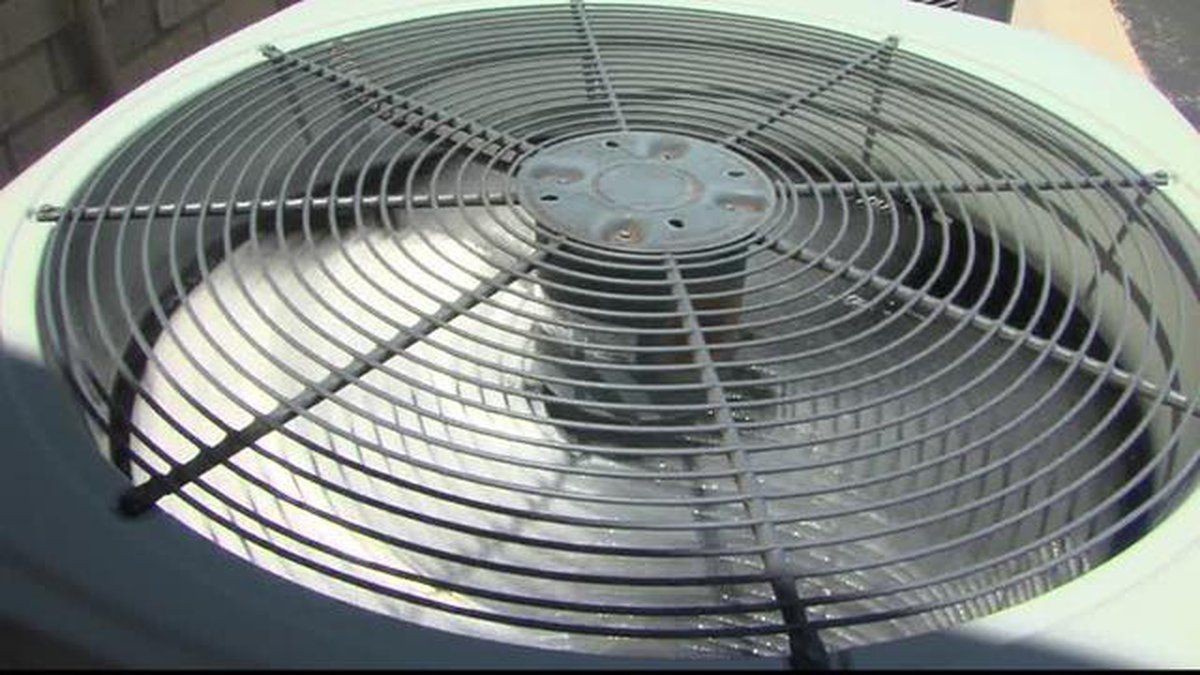

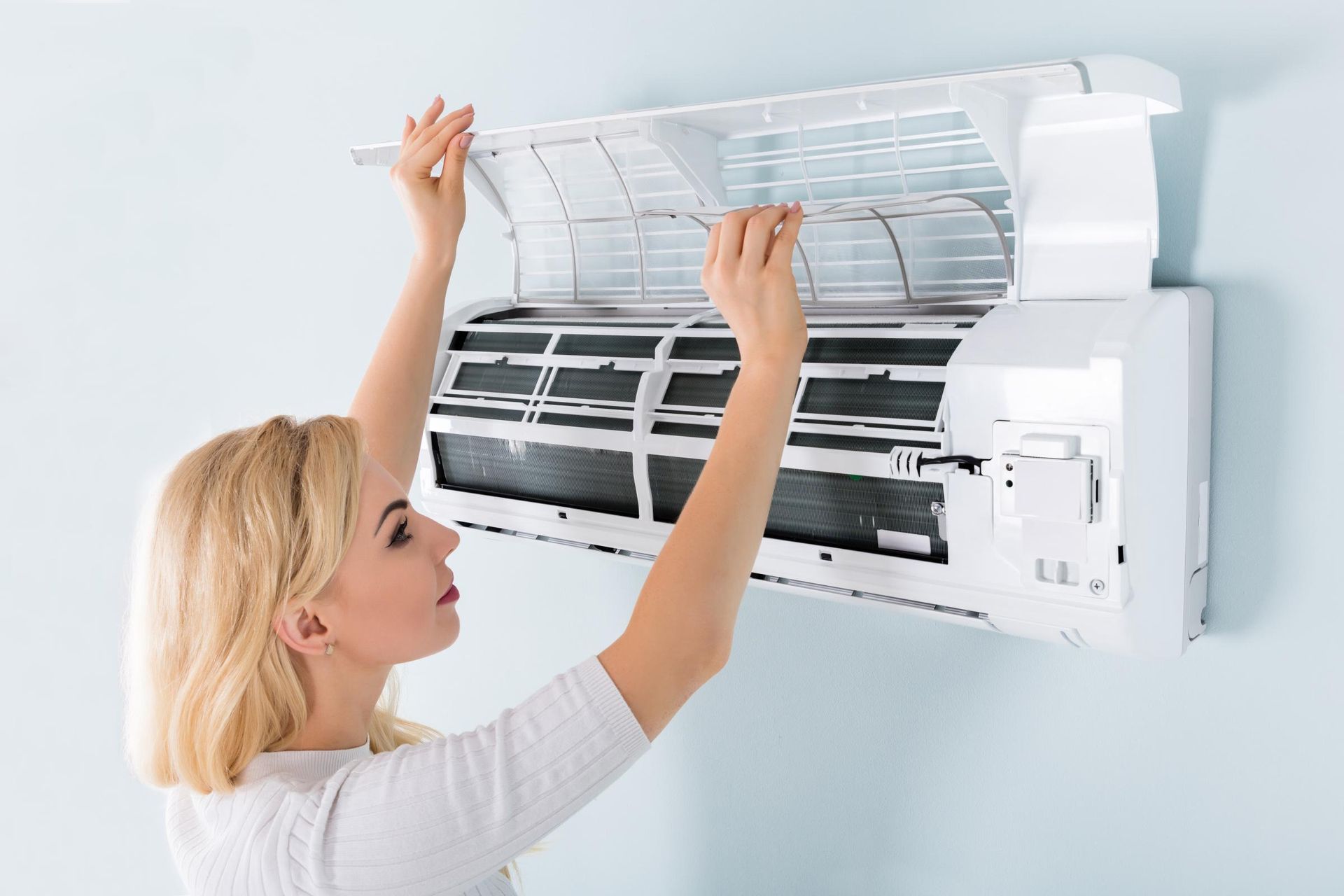
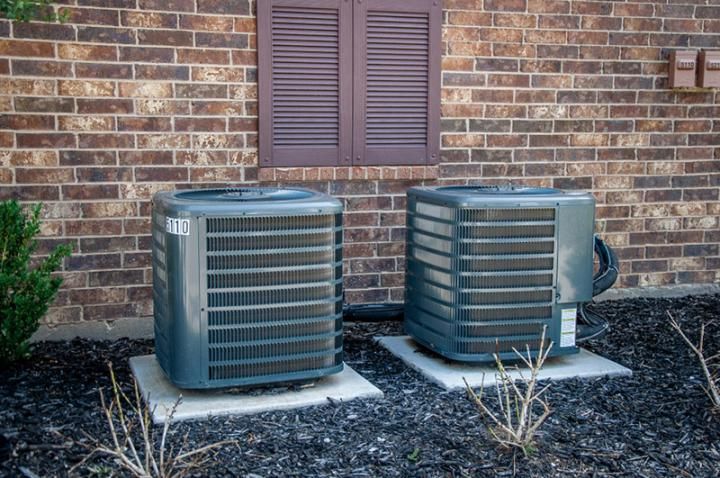

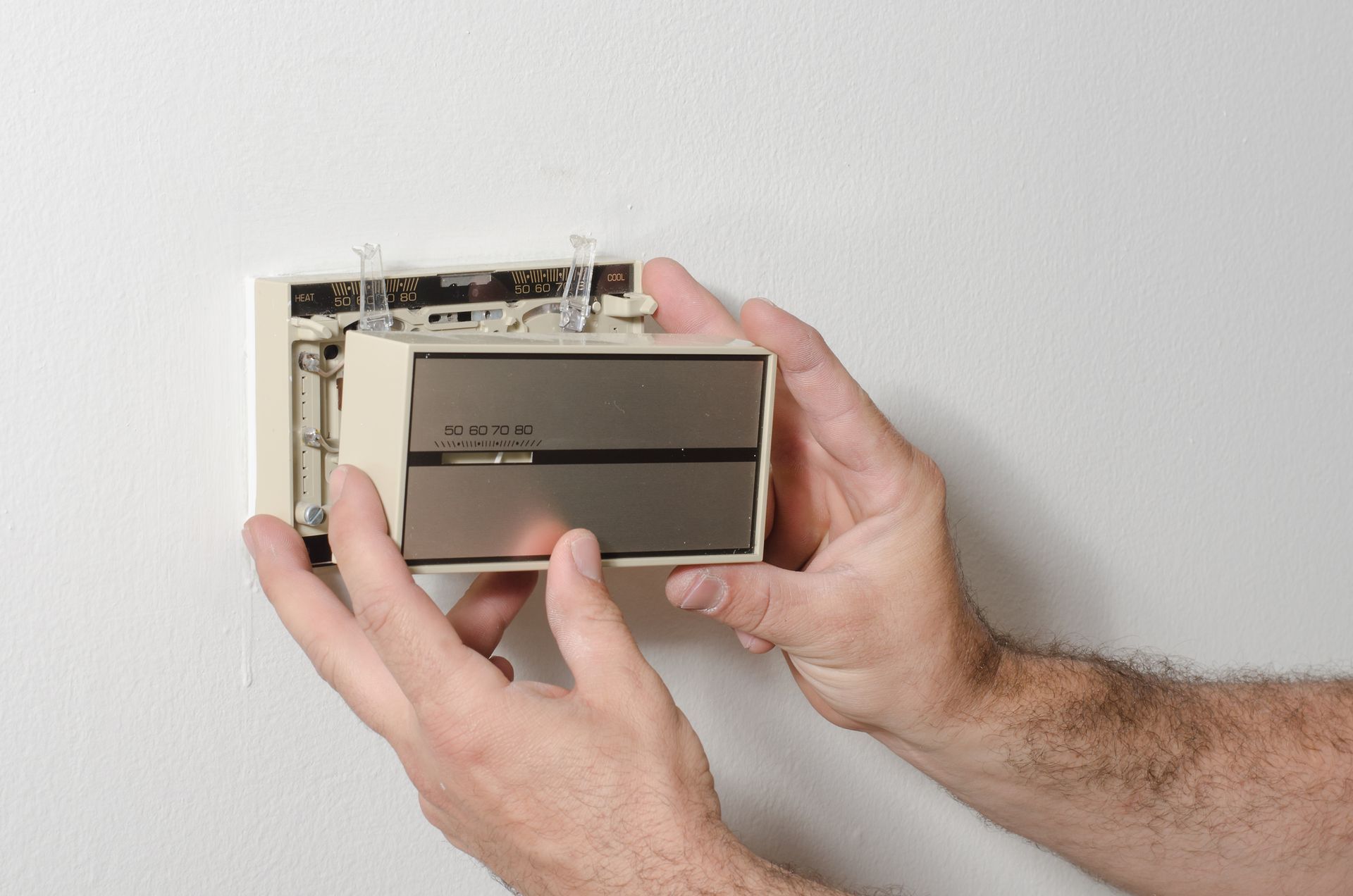

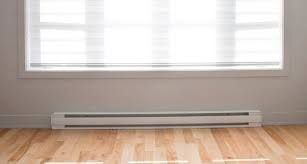
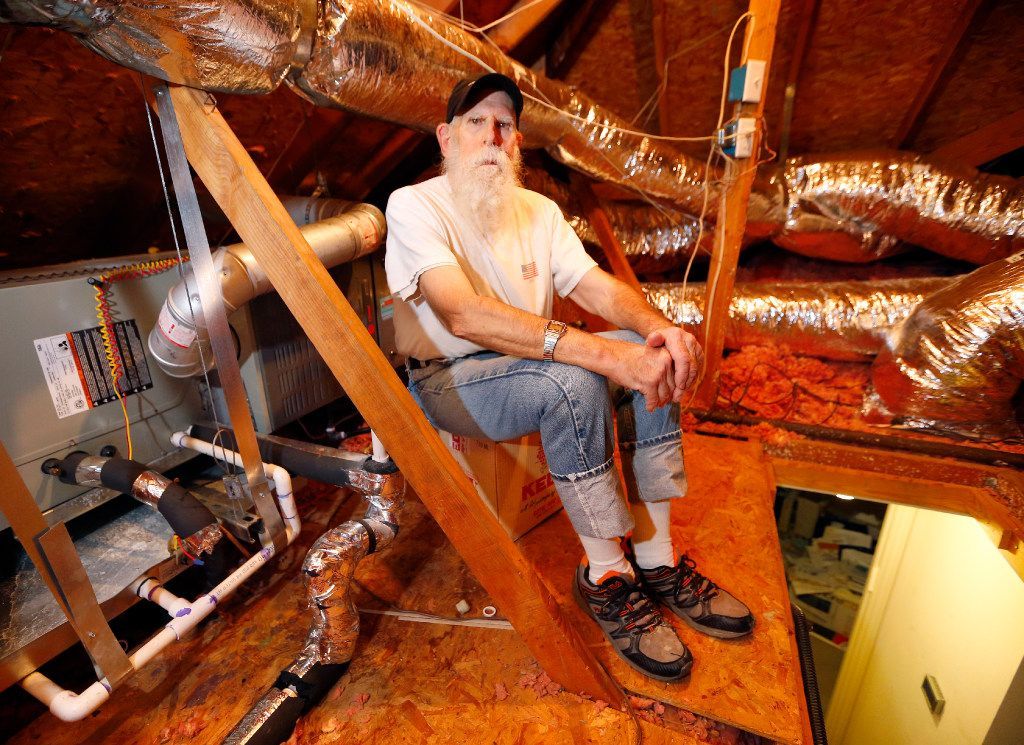

At 24/7 Local HVAC, we specialize in facilitating connections with top-tier HVAC professionals. Our focus is on bridging the gap between you and reputable HVAC companies operating within your local vicinity. It's important to emphasize that each of these HVAC entities functions independently and autonomously.
We firmly place the onus on every individual user to meticulously verify that any selected HVAC company aligns with the mandated licensing and insurance prerequisites stipulated by the governing authorities in their respective jurisdiction.
Furthermore, it's worth noting that our services may regrettably not cover all geographical areas. In instances where our services are available, the scope of offerings could potentially differ based on the composition of service providers present within that particular region.

